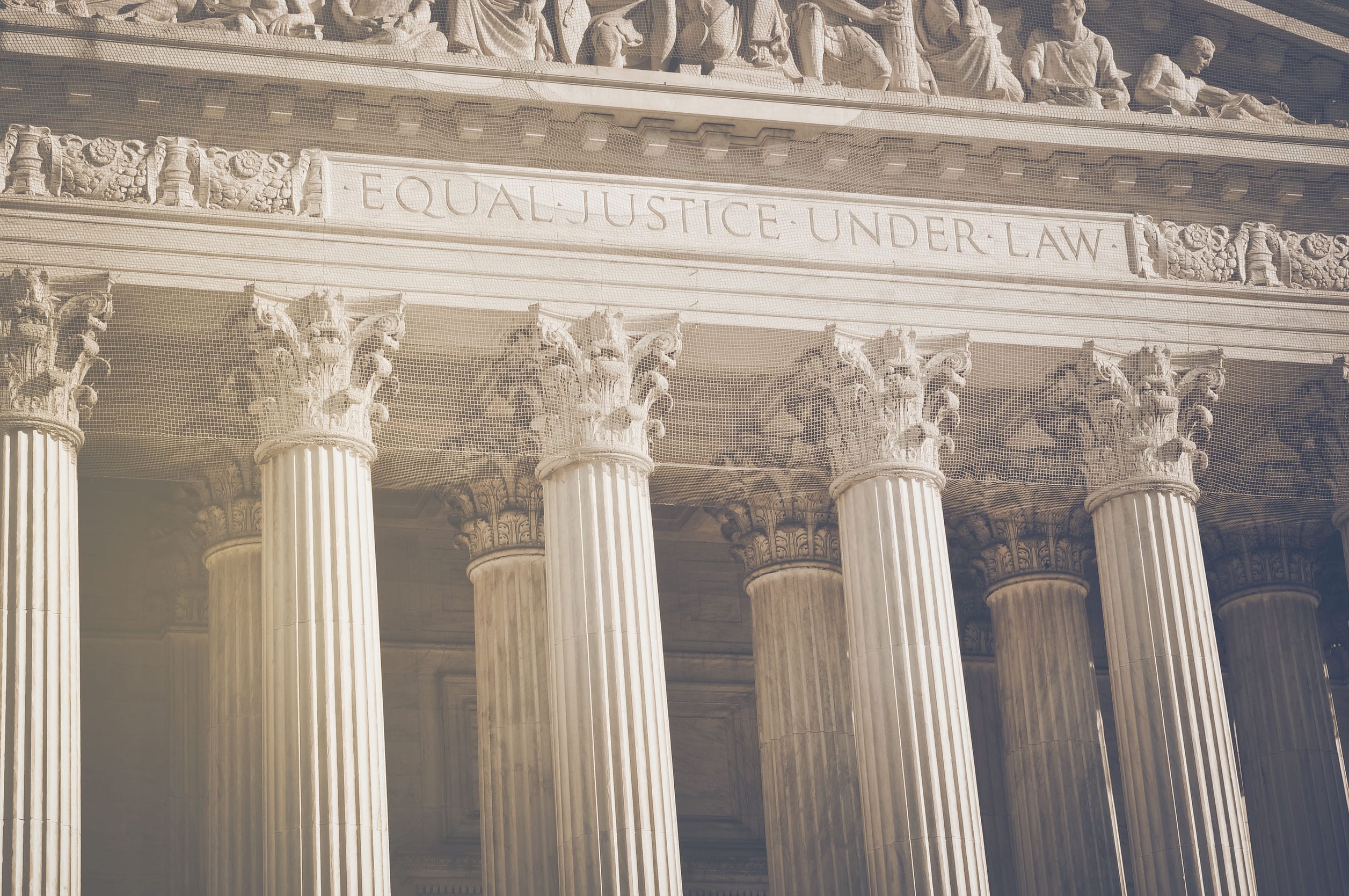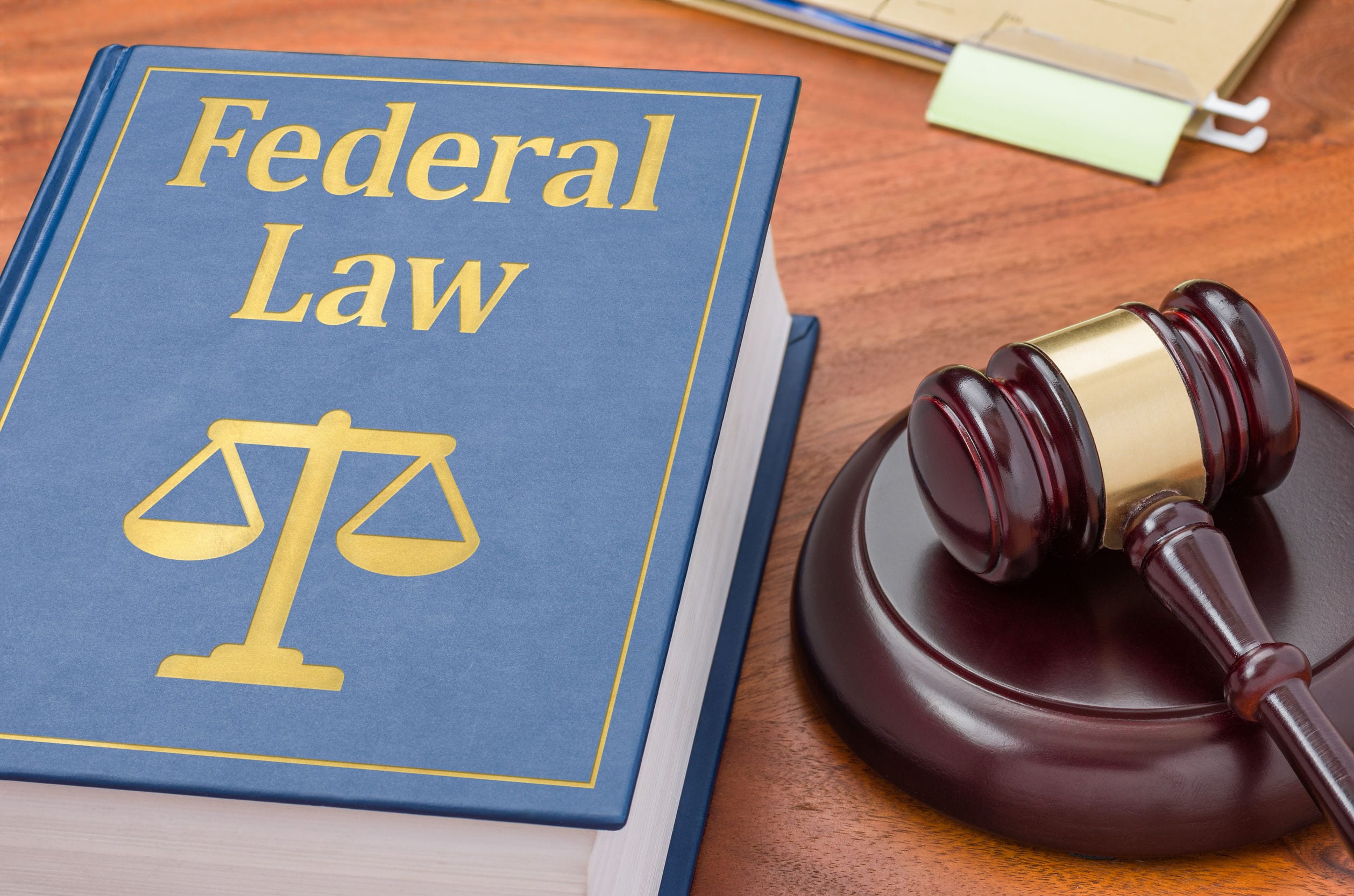- Home
- THE FIRM+
- Criminal Defense+
- CASE RESULTS
- AREAS WE SERVE+
- FAQ’s
- Blog
- Contact
AZHARI LLC BLOG

Posted By: Sami Azhari
Category:
Were you convicted of a crime in federal trial court?
Do you disagree with the decision?
If you were…and you don’t, you have the right to request your case be reviewed again. This is known as an appeal, and your request is submitted to an “appellate” court.
The appeals process is complex, though, and often misunderstood. So we’re providing you with a basic guide on how the federal criminal appeals process works, and what to know when considering an appeal after your federal criminal case.
When You Think Your Trial Jury Got It Wrong
In federal trials, it is a jury of the defendant’s peers are who issue a determination — a guilty or not guilty verdict. When a defendant chooses to appeal that verdict, the appellate court where the appeal is submitted is actually a higher court.
There are a number of common reasons people consider appealing the jury’s decision:
- The prosecution’s evidence of guilt was insufficient.
- The defendant’s rights were violated during trial.
- An error was made at some point in the criminal process.
An appeal is the only way that a defendant can formally request to have a guilty verdict reviewed. The appellate court will review original findings to determine if the guilty verdict met the necessary criteria.
The Difference Between an Appeal and Notice of Appeal
An unexpected verdict can leave a defendant in a headspin, especially thinking about sentencing. Often, this clouded headspace can cause confusion about the appeals process.
When your attorney tells you amidst the haze, they’re going to file an appeal right away because they only have ten days, that doesn’t mean things will be resolved in two weeks.
The Notice of Appeal Comes First
A notice of the appeal — simply a notification you plan to appeal — must first be filed with the trial court within ten days of the verdict. After the notice of appeal is made, a record of the trial court’s case is prepared. It’s typically only a few pages long.
The ten-day limit is an easy one to meet so long as the defendant takes action soon after the verdict is issued. The document generally includes the court reporter’s transcript and information presented during trial and pre- and post-trial motions.
The Actual Appeal Takes Weeks (or Months) to Prepare
The actual appeal, on the other hand, is what’s filed with the appellate court, and is typically a complex and lengthy document prepared by a team of attorneys.
An appeal can be nearly as involved as the original trial, and usually takes several weeks or months to prepare.
Determination of an Appeal
The defense or appeal attorneys will prepare the appeal documents for court. The court may hear these arguments orally, but the majority of appeals are resolved “on the briefs.”
In an appeal, the appellant (defendant) prepares an opening brief making the case for the appeal. The appellee (trial court) then issues a responsive brief that answers the assertions of the opening brief. Finally, the appellant files a reply brief to answer the responsive arguments.
In most cases, the appellate court issues a decision by mail or email without oral arguments, hence the term “on the briefs.” The decision is generally issued by a panel of three judges.
Winning Your Appeal
Winning your appeal does not necessarily mean that you will be acquitted. In many cases, appeals courts offer a new trial. Essentially you, as the defendant, are granted an opportunity to start all over again.
When errors are made in the original trial this process can allow for fair retrial. Also, for some appeals, motions for suppression of evidence are granted, weakening the prosecution’s case.
In any case, you have the right to appeal any decision. It simply requires fast action and significant expertise on the part of the defense. Your Chicago federal defense attorney can help evaluate whether an appeal is worthwhile in your case.
About the Author:
Sami Azhari has been working as a lawyer since 2007, after receiving his Juris Doctor from the Michigan State University College of Law. He has handled numerous state and federal cases, and is known throughout the Chicago and Rolling Meadows area for providing his clients with high-quality, skilled representation. He has been recognized by SuperLawyers, the National Trial Lawyers Association, and other notable organizations, and has spoken at a number of legal conferences.


























































